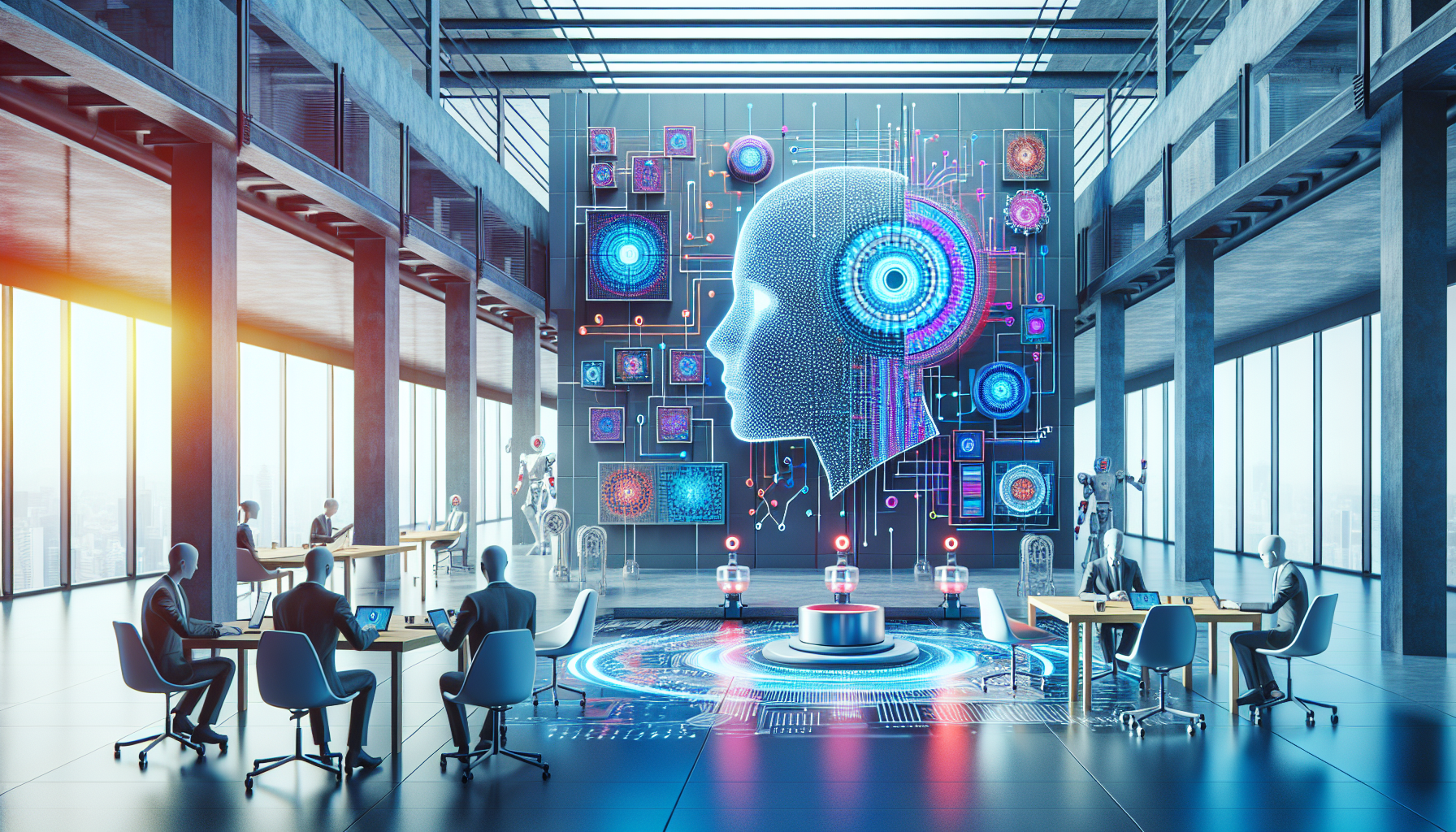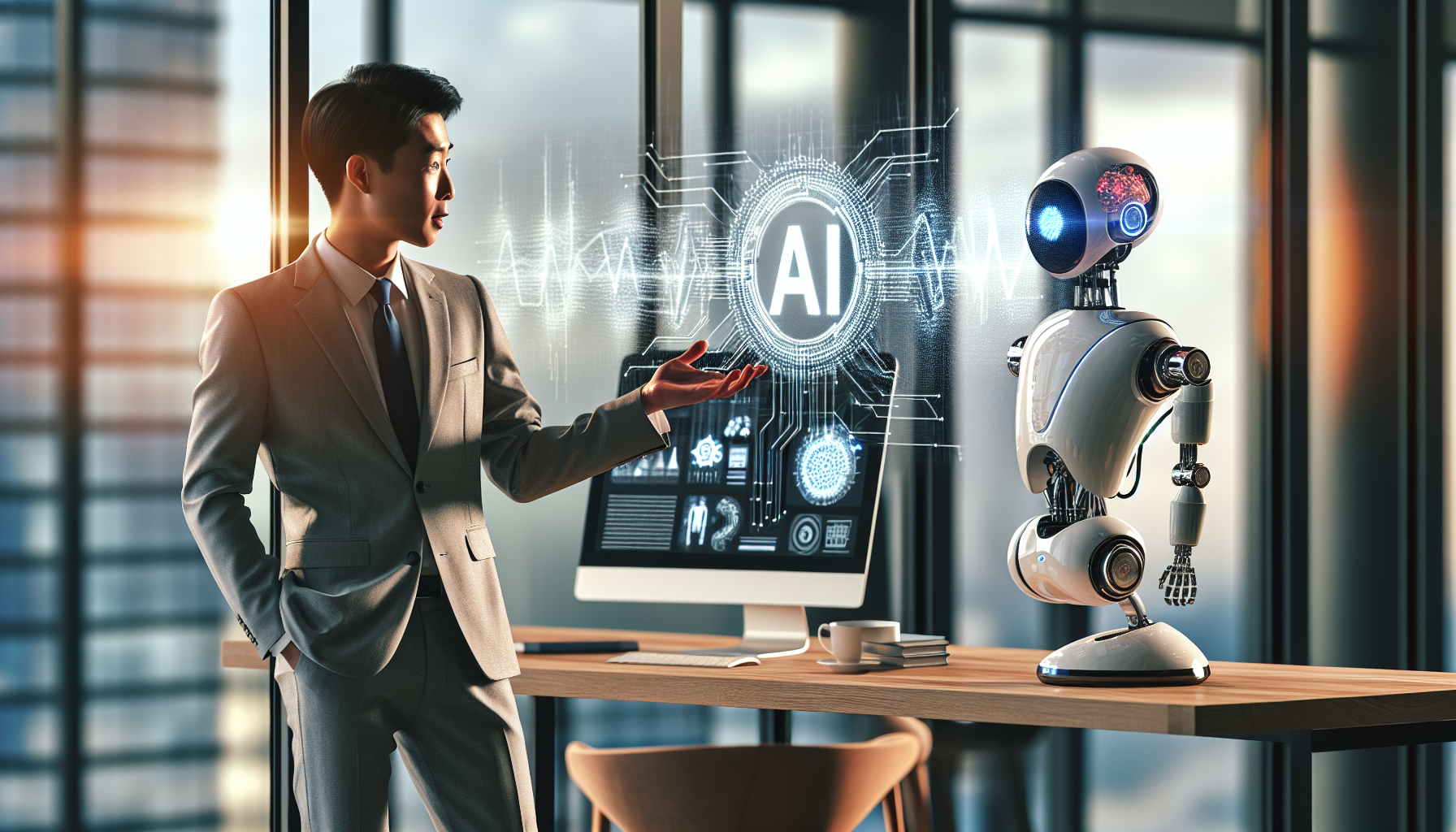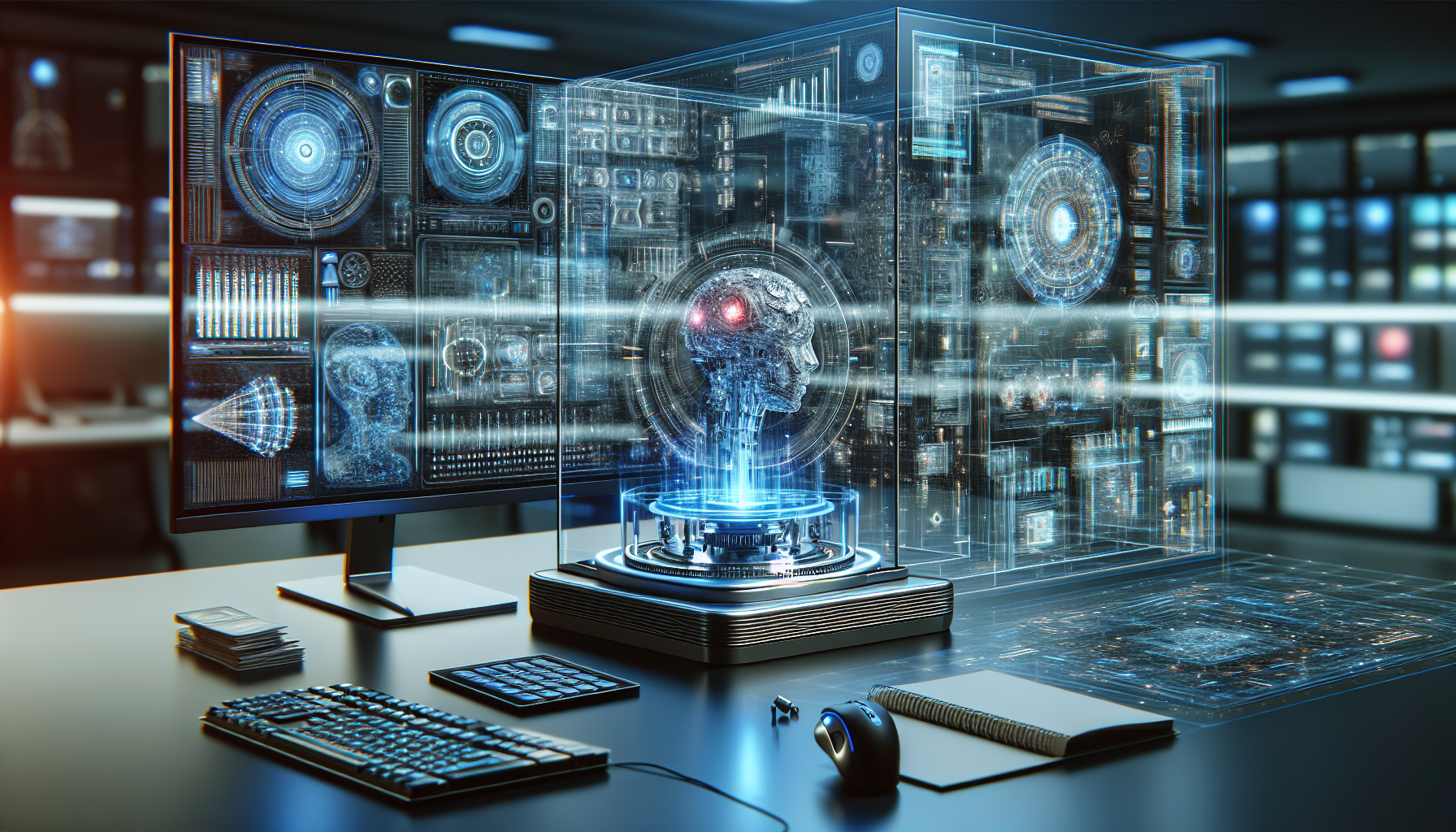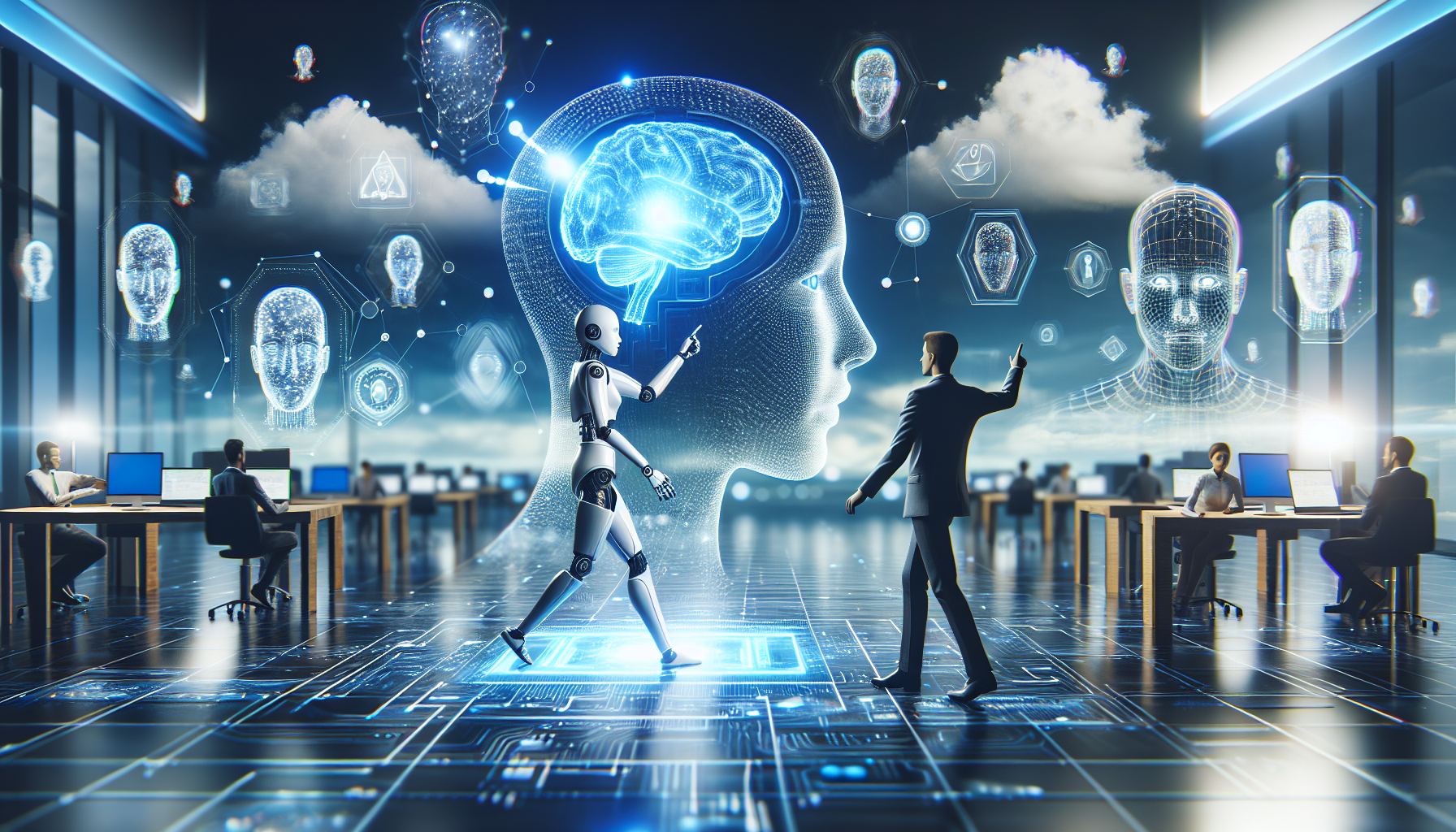
Cognitive Computing vs. Traditional AI: Pioneering the Horizons of Human Thought
August 21, 2025
Artificial Intelligence is a beacon of innovation, casting light on the potential of machines to emulate human intelligence. Among its rising stars, cognitive computing stands out, promising to revolutionize how we interact with technology. This new frontier in AI is not just another step forward; it is a leap into the realm of human-like understanding and reasoning.
Imagine a world where machines don't just process information but comprehend and learn from it, adapting to new situations with a level of intuition akin to human thought. Cognitive computing aspires to do just that, pushing the boundaries of what artificial intelligence can achieve. Unlike traditional AI systems, which follow programmed rules and algorithms, cognitive computing systems are designed to mimic the human brain's processes, enabling them to interpret data in a more nuanced, context-aware manner.
A comparative analysis reveals the fascinating strengths and transformative potential of cognitive computing. Traditional AI, with its roots in pattern recognition and data analysis, excels at tasks involving large datasets and repetitive problem-solving. It is the workhorse behind many of today's applications, from search engines to predictive analytics. However, it often struggles with tasks that require understanding context or dealing with ambiguous information.
Cognitive computing, on the other hand, thrives in these areas. By integrating natural language processing, machine learning, and reasoning, cognitive systems can understand and process unstructured data, such as language and images, in a way that is closer to human cognition. This capability opens doors to applications previously thought impossible, like real-time language translation, sentiment analysis, and even the ability to generate creative content.
What sets cognitive computing apart is its ability to learn from interactions, getting smarter and more efficient over time. This self-improving cycle is reminiscent of human learning, where experience and context shape understanding and decision-making. For instance, in healthcare, cognitive systems can analyze patient data, medical literature, and treatment outcomes to provide personalized recommendations, adapting as new information becomes available.
While traditional AI systems require extensive programming and updates to handle new scenarios, cognitive systems are built to evolve. This adaptability is crucial in today's fast-paced world, where the ability to quickly respond to changing environments can make all the difference. Businesses across industries are beginning to recognize the potential of this technology to transform operations, enhancing decision-making processes and customer interactions.
In the realm of customer service, cognitive computing offers a more personalized and empathetic approach. Traditional AI chatbots can manage routine inquiries efficiently but often falter when faced with complex or emotionally charged interactions. Cognitive systems, however, can understand and interpret the emotional tone of a conversation, adjusting responses to meet the user's needs more effectively. This capability not only improves customer satisfaction but also builds stronger, more meaningful connections between businesses and their clients.
Education is another sector ripe for transformation. Cognitive computing can tailor educational experiences to individual learning styles and paces, offering personalized tutoring and feedback that traditional systems cannot match. By understanding the context and nuances of a student's learning process, cognitive systems can provide a supportive and adaptive educational environment.
As we stand on the brink of this new era, the possibilities seem boundless. The journey of cognitive computing is not just about technological advancement; it is an exploration into the very essence of what it means to think and understand. It challenges us to consider the future of human-machine interaction, urging us to envision a world where technology augments human capabilities in profound and meaningful ways.
What are the ethical implications of machines that can think and learn like humans? How will cognitive computing reshape industries, societies, and even our daily lives? These questions invite us to ponder the limits of artificial intelligence and the role it will play in shaping the future.
As cognitive computing continues to evolve, it invites us to dream bigger and reach further, inspiring a new generation of thinkers and innovators. The future lies not just in creating smarter machines, but in harnessing their potential to unlock the mysteries of human cognition, forging a path to a more connected and enlightened world.


